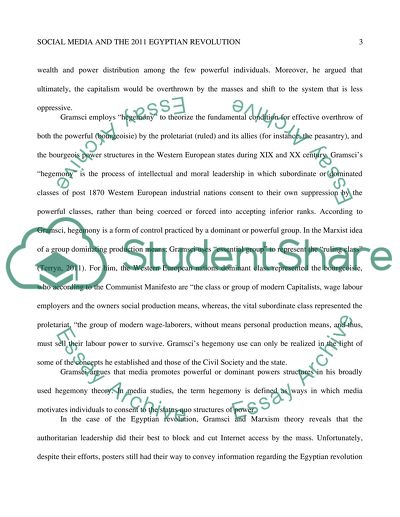Cite this document
(“Can social media act as a platform for counter hegemony Research Paper”, n.d.)
Retrieved de https://studentshare.org/journalism-communication/1397488-can-social-media-act-as-a-platform-for-counter
Retrieved de https://studentshare.org/journalism-communication/1397488-can-social-media-act-as-a-platform-for-counter
(Can Social Media Act As a Platform for Counter Hegemony Research Paper)
https://studentshare.org/journalism-communication/1397488-can-social-media-act-as-a-platform-for-counter.
https://studentshare.org/journalism-communication/1397488-can-social-media-act-as-a-platform-for-counter.
“Can Social Media Act As a Platform for Counter Hegemony Research Paper”, n.d. https://studentshare.org/journalism-communication/1397488-can-social-media-act-as-a-platform-for-counter.


